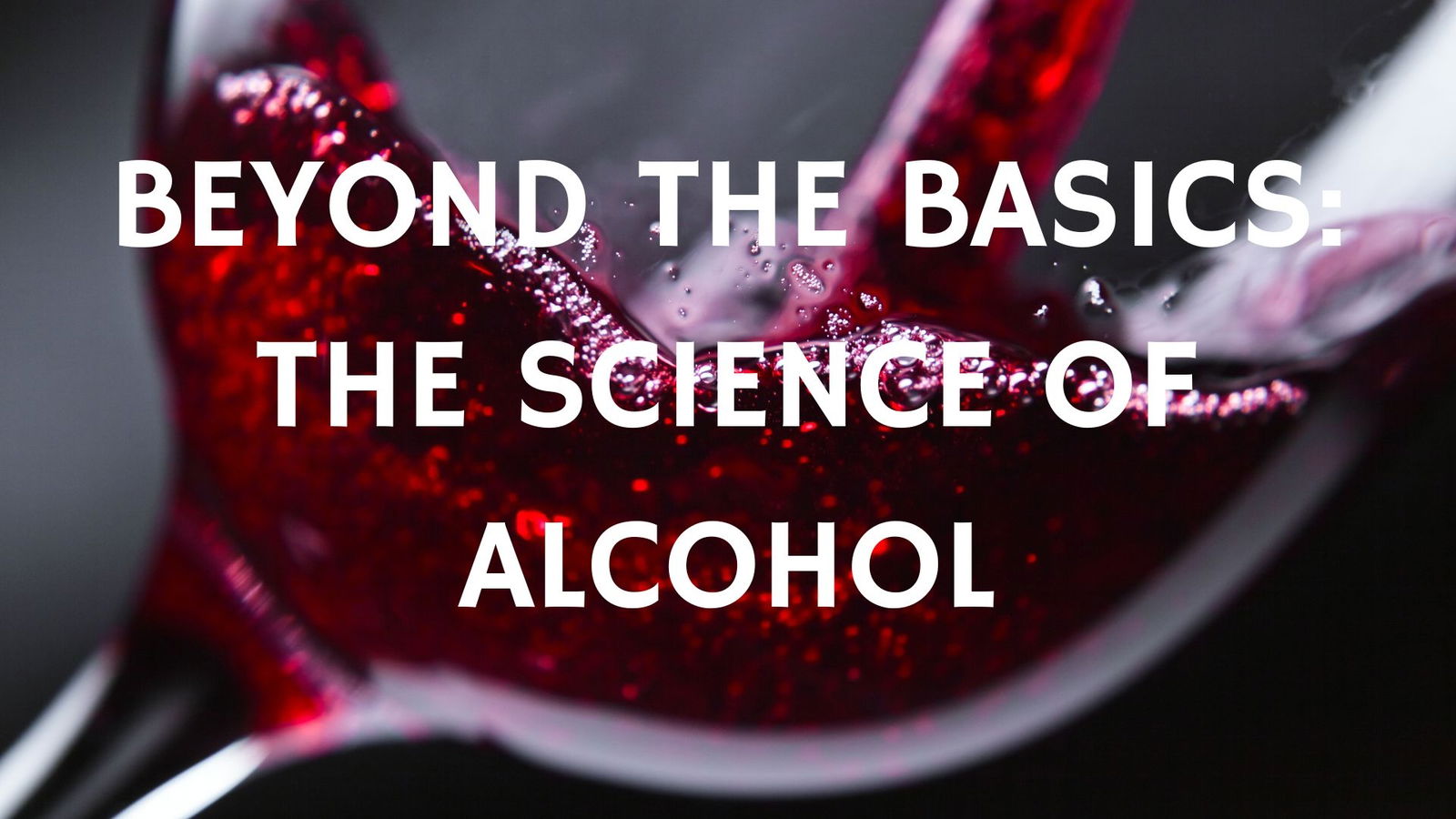
Beyond the Basics: Alcohol with Benoît Marsan PhD
Summary
Join Benoît Marsan PhD, Professor of Science and Wine at the Université du Québec à Montréal as he explores one of wines most crucial components - alcohol. Often over-simplified and regularly misunderstood, the affect of alcohol on our experience of tasting a wine as well as the stability of a wine should not be ignored. We're delighted to be able to offer such an insightful event from one of the world's leading experts on the subject, exclusively to our membership.
Further Synopsis
Ethanol is the most abundant compound in dry wine after water. It is formed by yeast during the anaerobic process of alcoholic fermentation, which transforms sugars (mostly glucose and fructose) into ethanol and carbon dioxide (CO2) with the release of heat and of a series of by-products contributing to the wine organoleptic profile. Ethanol is the only molecule intrinsically linked to the definition of wine, which must contain a minimum of 8.5 % by volume (OIV). But what are the main factors controlling its concentration in the final wine?
This webinar will give the chemical definition of an alcohol with examples of alcohol and polyalcohol compounds found in wine, such as higher alcohols, monoterpene alcohols, sugar alcohols, and glycerol, and their sensorial impact. But more specifically, it will look at the physical, chemical and sensory properties of ethanol, and discuss why it is so important to wine (during winemaking, wine aging and tasting).
How ethanol promotes wine stability? How does it generate aroma compounds? How does it affect the perception of aromas? Do ethanol is impacting the sensation of sweetness? Sourness? Bitterness? Tannin astringency?
The new generation of consumers is looking to different wines than 20 years ago. They want lighter and more fruity wines with less alcohol, less oaky notes, and preferably certified organic or biodynamic, if not 'nature' without any added sulphites. On the other hand, climate change is causing greater accumulation of sugar in grape, giving wines with more alcohol. In this context, what a winemaker can do to produce wines with less alcohol? And most importantly, what is the sensory quality of these wines?
Benoît Marsan Bio
Benoît Marsan holds a Ph.D. in chemistry and is currently an honorary professor at the University du Québec à Montreal (UQAM). Prof. Marsan was educated in professional wine tasting by the best sommelier of Quebec 2009, Bertrand Eichel.
Having refined his knowledge and expanded his expertise in wine chemistry, he founded scienceetvin.com in 2015. Speaker at national/international conferences, symposia and wine shows, he teaches wine chemistry to wine professionals and general population. From 2013 to 2016, he has been an important contributor to the course Analyse sensorielle et analyse organoleptique at Institut de tourisme et d’hôtellerie du Québec (ITHQ). His numerous discussions with winemakers and œnologists worldwide, together with private sessions with some of the best sommeliers of the world, have strengthened his conviction to create a course at UQAM dedicated to wine chemistry. This very popular course has greatly contributed to the Teaching Excellence Award he received from the Faculty of Science at UQAM.
In 2017, he created an innovative chemistry course specifically for sommeliers at ITHQ, and also contributed as a wine scientific expert to a workshop on the perception of minerality attended by 50 top sommeliers. Since then, Prof. Marsan has been invited worldwide to deliver thematic wine chemistry seminars, including his popular two-day Wine Chemistry for Professionals seminar (Toronto, New York, TEXSOM). In 2019, he was invited to deliver (with John Szabo MS) a lecture on the subject of minerality and saltiness at the opening session of the 2nd Annual International Volcanic Wine Conference.
More recently, he has been part of a panel discussing the chemistry and sensory impacts of lees aging at i4c (International Cool Climate Chardonnay Celebration) in Niagara, Ontario, Canada. Prof. Marsan is currently involved in research activities (with John Szabo MS and Dr. Christian Coelho, Auvergne, France) to better understand the impact of volcanic soils on wine chemical and sensorial attributes.

